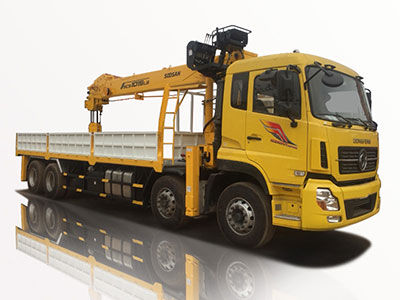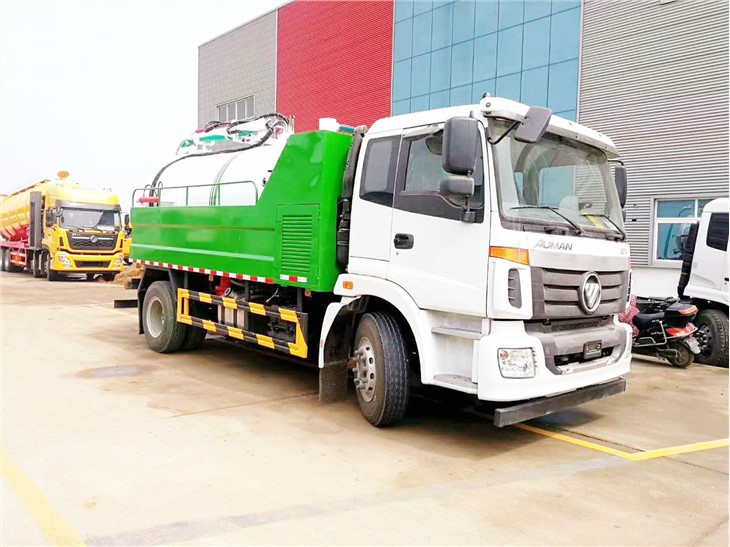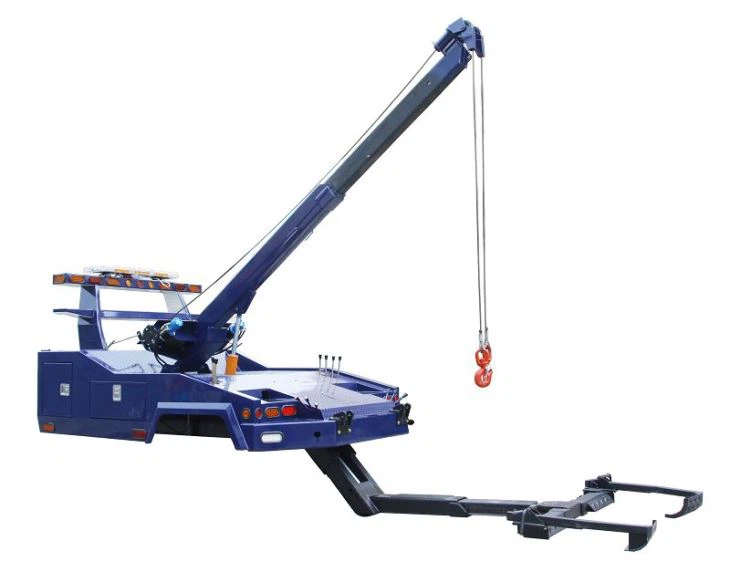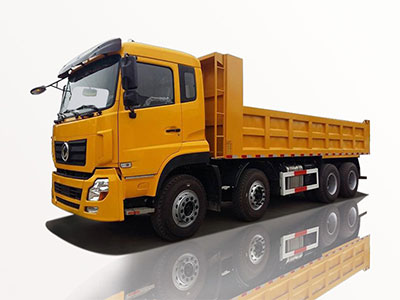When it comes to heavy-duty trucks, particularly those manufactured by Kenworth, the issue of towing capacity and accessories is critical for any operator. Among the essential accessories for any Kenworth truck, the tow hook stands out as a must-have item. This article will explore the various aspects of Kenworth tow hooks, including their types, installation processes, benefits, maintenance tips, and answers to frequently asked questions. By the end of this article, you will have a comprehensive understanding of why and how to use Kenworth tow hooks.
Understanding the Importance of Tow Hooks
Tow hooks are essential tools for truck owners, especially those in the heavy-duty sector. They serve as a reliable safety measure during towing operations. Essentially, a tow hook is designed to attach to another vehicle or load, enabling you to safely pull or recover that vehicle.
Why Choose Kenworth Tow Hooks?
Kenworth’s tow hooks are tailored to their trucks’ specifications, ensuring they can handle the heavy loads typical in commercial settings. Choosing Kenworth tow hooks means you’re investing in:
- Quality: Kenworth ensures that their tow hooks meet rigorous safety and performance standards.
- Compatibility: These hooks are designed specifically for Kenworth models, ensuring perfect fit and function.
- Durability: Made from robust materials, Kenworth tow hooks can withstand harsh environments and heavy use.
Types of Kenworth Tow Hooks
Understanding the different types of tow hooks available for Kenworth trucks can help you make a more informed decision.
1. Front Tow Hooks
Front tow hooks are typically mounted on the front of the vehicle and are used for pulling other vehicles or being towed themselves. These are best for recovery situations where the truck needs to tow another from the front.
2. Rear Tow Hooks
Rear tow hooks provide an alternative point for towing, located at the back of the truck. They can be particularly useful when needing to pull a vehicle behind during recovery operations.
3. Heavy-Duty Hooks
Heavy-duty tow hooks are built for exceptional strength, catering to larger loads and more intense towing needs. These are generally used in industries such as construction or agriculture.
4. Recovery Tow Hooks
Recovery hooks are specialized for off-road scenarios, allowing you to recover vehicles stuck in challenging terrains. They usually feature advanced designs for rigging and safety.
Installation of Kenworth Tow Hooks
The installation of Kenworth tow hooks is straightforward but requires a proper understanding of the vehicle’s structure. Here we outline an easy step-by-step guide.
What You Will Need
- Tow hook kit (specific for your Kenworth model)
- Wrench set
- Drill (if required)
- Safety gloves
- Safety goggles
Step-by-Step Installation Process
Step 1: Gather Tools & Parts
Ensure you have all necessary tools and the tow hook kit. Check the kit for additional parts, including bolts and brackets.
Step 2: Safety First
Wear your safety goggles and gloves before starting the installation.
Step 3: Locate Mounting Points
Identify the mounting points on your Kenworth truck. This varies by model, so refer to your vehicle’s manual for guidance.
Step 4: Attach the Tow Hook
Align the tow hook with the mounting points. If bolts are required, insert them through the hook and into the mounting points.
Step 5: Secure the Tow Hook
Tighten the bolts with a wrench, ensuring the hook is secured but not overly tightened to avoid stripping.
Step 6: Test the Hook
Before regular use, test the tow hook with a load to ensure it’s properly installed and can handle the weight.
Benefits of Using Kenworth Tow Hooks
Integrating tow hooks into your Kenworth truck provides several benefits:
1. Increased Safety
Having a reliable tow hook can significantly improve safety during towing operations, whether it’s recovering a stuck vehicle or pulling a trailer.
2. Enhanced Towing Capacity
With a Kenworth-specific tow hook, you maximize your vehicle’s towing capabilities, allowing you to handle larger loads with greater ease.
3. Durability
Kenworth tow hooks are made from high-strength materials that reduce wear and tear, leading to long-term savings on repairs and replacements.
4. Versatile Usage
Whether for commercial use or personal needs, tow hooks offer versatility. They are ideal for various towing scenarios, including roadside assistance and vehicle recovery.
Tips for Using Kenworth Tow Hooks Effectively
- Regular Inspections: Frequently check the condition of your tow hooks for signs of wear or damage.
- Use Proper Equipment: Always use a compatible strap or chain when towing. Mismatched equipment can lead to accidents.
- Follow Load Ratings: Ensure you don’t exceed the towing capacities specified for your Kenworth model.
- Practice Safe Towing: Always make sure both vehicles are stationary and secure during towing operations.
Maintenance of Kenworth Tow Hooks
To prolong the life of your tow hooks and ensure their optimal function, routine maintenance is crucial.
1. Regular Cleaning
After heavy use, clean the tow hooks to remove dirt, mud, and debris. This helps prevent rust and corrosion.
2. Inspect for Damage
Look for cracks, bends, or rust. If you discover any damage, it’s better to replace the hook than risk it failing during use.
3. Lubricate Components
If your tow hooks have moving parts, apply lubricant to ensure they work smoothly and do not seize.
4. Store Properly
If you’re not using your tow hooks regularly, store them in a dry, clean location to prevent rust and damage.
Towing Best Practices
Understanding the best practices for towing can greatly enhance your experience and safety.
1. Know Your Limit
Refer to your Kenworth’s manual to understand the vehicle’s maximum tow rating, and ensure you stay within those limits.
2. Use Proper Techniques
When towing, ensure the load is evenly distributed. Avoid sudden turns or stops to maintain control.
3. Plan Your Route
Choose a route that avoids tight turns and steep inclines, which can strain your towing setup.
Frequently Asked Questions (FAQ)
1. How do I determine the right Kenworth tow hook for my truck?
Check your truck’s model specifications and consult with a reputable dealer or the manufacturer for compatible tow hooks designed for your model.
2. Can I use a tow hook from another manufacturer?
While it may be possible, it is not advisable. Using a non-Kenworth tow hook can significantly compromise safety and performance.
3. Are Kenworth tow hooks easy to install by myself?
Yes, with basic tools and a little mechanic knowledge, you can install them yourself. However, remember to follow the manufacturer’s instructions closely.
4. How often should I replace my Kenworth tow hooks?
Inspect your tow hooks regularly. Replace them if you notice any signs of significant wear, damage, or if they no longer meet your towing needs.
5. What should I do if my tow hook breaks during use?
Immediately stop towing and safely secure both vehicles. Assess the damage and if necessary, call for professional recovery assistance.
6. Can I tow other vehicles using a Kenworth truck?
Yes, Kenworth trucks are designed for heavy-duty job functions, making them capable of towing various types of vehicles when equipped with the appropriate tow hooks.



